It's time to accept the mess
During lockdowns we’ve been exposed to an ever-growing library of “wellness” literature, and in these “guides” we keep hearing the same tropes about personal growth & fulfilment.
We get told that growth isn't linear. We’re told that we don't need products or potions to be radiant (by the same companies that then self us those very products and potions). We’re told that all it takes to survive and thrive in the world is that which comes from within. But these positive reinforcements often make us feel strained and result in a feedback loop littered with unrealistic expectations and unrest. And what this is doing is creating a collective numbness, a self-compassion fatigue if you will, as we wade through what nurturing the self should look like.
The problem is that living well is being presented as an all-or-nothing approach. To be “well” is becoming a moral imperative - equated with having a good or desirable life, even being a good person. The alternative to this, which is messiness, is seen as something unappealing and bleak. It can be characterised as being unhealthy. And it is hard to locate optimism as a touchstone when falling in and out of being cocooned in our homes. From everything to the spot of sun on the carpet to the wattles that bloom yellow, of the brightest kind. Attempts to see small moments of beauty is taxing when it’s also being done on a macro scale by us all as we work towards creating a public sense of betterment.
We are messy by nature and we need to be able to occupy that mode as well. Unfortunately, when we are sitting in the unsureness of the world, being well can be a crutch for us to exert control on the uncontrollable. There is just so much pressure to adhere to the standards we have set for ourselves. It sees our culture conceiving the self as a finished and self-actualised thing.
When there are aesthetics attached to the idea of well-being it can be difficult to decouple the idea of being well and being beautiful. To “be well” will now for most people conjure an image that is clean and composed, perfect in its glorified form. But optimising and stylising our bodies and our intimate spaces can still lead to us asking ourselves, “why don't I feel well yet?” These aesthetic associations leave out the necessary counterparts to the “together” self. For example, "neat," can not exist without "messy,” and "order” does not make sense without “disorder". So why is dualism a rule in language, but an exception in everyday life?
It’s in the messier moments, where there is clutter and distress, that there is space for forgiveness. A pause that welcomes this unravelled state of being human. An invitation to lean into okayness.
If we attempt to hurry productivity or push past the sticky parts of growth then things are going to get stuck in the body and settle in stale ways. And this is made clear every time we go into another lockdown. We are reminded of this and the mental gymnastics of placing yourself in the context of everyone else. When we ditch the common ways of seeking well-being and explore something messier, authenticity can take its place. After all, to see yourself as a unified image is the goal, but you must remind yourself that complexities look good on you too.

